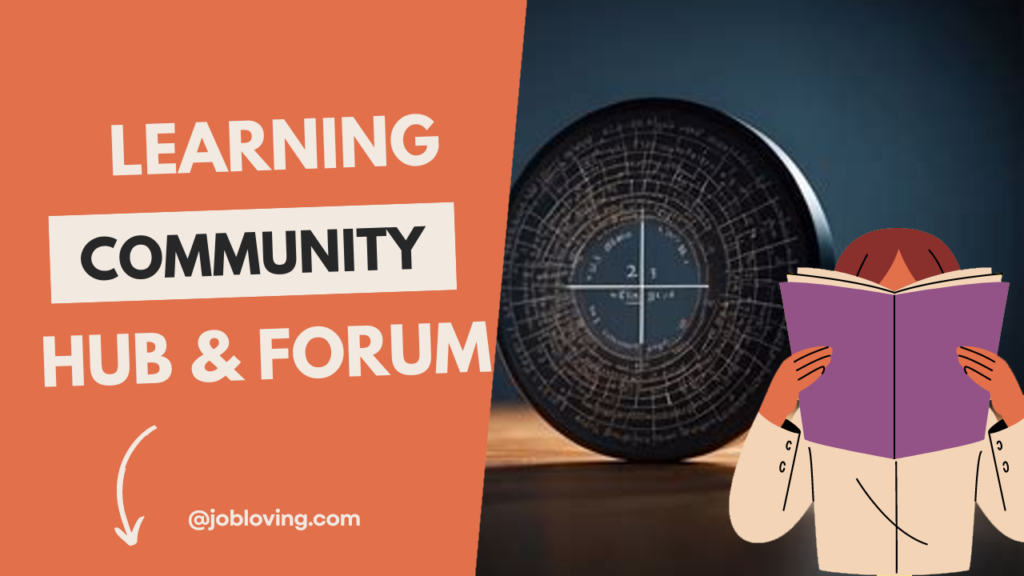Have you ever stared at a math problem and wondered why on Earth they can’t just put all numbers into a single category for us to figure out? Geometry or algebra — does one really make your brain feel like it’s being twisted in knots more than the other? Let’s unpack this age-old debate and see which mathematical beast is merely a cuddly kitty and which one is an unmanageable lion.
The Short Answer: Geometry is easier than algebra.
Geometry generally tends to be less challenging than algebra for most students. Algebra revolves around equations, variables, and abstract concepts that can twist your mind in unexpected ways, whereas geometry focuses on shapes, sizes, angles, and the mere task of figuring out where the heck that triangle went after you rotated it!
To dive deeper, let’s compare the two. Algebra often deals with letters, numbers, and operations to satisfy the mysterious laws of math. You might find yourself grappling with equations that seem to require a crystal ball to solve. On the flip side, geometry is like a leisurely stroll through a park, where you measure stuff with a protractor and marvel at the beauty of circles and triangles, possibly while munching on a snack! Many students find it easier to visualize concepts in geometry since they can relate them to the physical world – after all, who hasn’t seen a triangle in a slice of pizza, or a rectangle in a door?
Additionally, in geometry, once you grasp the basic principles and formulas, the learning curve tends to flatten out compared to the more steeply ascending path of algebraic equations. While geometry might present challenges like visualizing 3D shapes or navigating complex proofs, many students find it refreshingly straightforward compared to algebra’s often multi-step problem-solving processes.
In essence, while preference and strengths vary from person to person, many discover a more pleasant and relaxing math experience in geometry compared to the often headache-inducing algebra. So, if you find yourself tangled in algebra, don’t despair—geometry could be your best friend waiting in the wings!
If you’re looking for more resources or have further questions on this topic, why not join the JobLoving community? It’s packed with tips, discussions, and support to help you conquer both algebra and geometry with style!
Key takeaways about Is geometry harder than algebra?
Learning Styles and Student Preferences
- Individual learning preferences significantly influence whether students find geometry or algebra more accessible.
- Some students excel in algebra due to logical reasoning, while others thrive in geometry’s visual context.
- Students who prefer logic may find Geometry easier, while those favoring memorization struggle more.
- Students’ personal inclinations toward logic versus memorization significantly influence their success in these subjects.
- The perception of difficulty in math subjects is highly subjective and varies by individual learning styles.
- Individual experiences with math vary significantly, affecting perceptions of difficulty in Geometry and Algebra.
Cognitive Demands and Problem-Solving Approaches
- Geometry emphasizes proving theorems, developing critical thinking, while algebra focuses on solving equations and expressions.
- Geometry’s proofs require practice and can initially be abstract, complicating the learning process.
- Geometry integrates logic and reasoning, while Algebra often feels like a repetitive computational exercise.
- Mastery in Algebra often requires quicker adaptation to new concepts than in Geometry’s gradual approach.
- Algebra’s abstract concepts can challenge students who prefer concrete or visual representations in mathematics.
- Algebra’s focus on equations can discourage students who thrive in more visually oriented subjects like Geometry.
Contextual Applications and Real-World Relevance
- Geometry’s real-world applications in architecture and engineering can make it more relatable for some students.
- Geometry’s reliance on diagrams aids comprehension, while algebra’s reliance on symbols can hinder some learners.
- Both geometry and algebra offer unique problem-solving approaches, contributing to varied perceptions of difficulty.
- Algebra’s focus on equations and patterns fosters critical thinking, essential in scientific and economic fields.
Overall Perceptions and Challenges
- The perception of difficulty in geometry versus algebra varies greatly among students based on personal experiences.
- Many students report finding Algebra 1 harder due to its reliance on variables and equations.
- The complexity of geometric language can overwhelm students unfamiliar with terms like congruent or parallel.
- Algebra’s fast-paced nature can overwhelm students, especially those without a solid math foundation.
- Mastering algebra provides a solid foundation for higher-level math, impacting students’ future academic success.
- The workload in Geometry generally feels lighter compared to the repetitive nature of Algebra.

